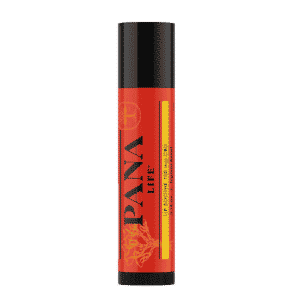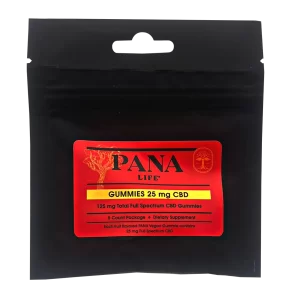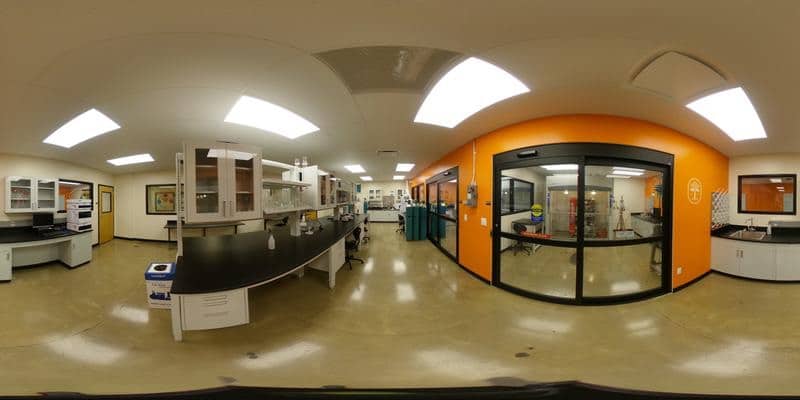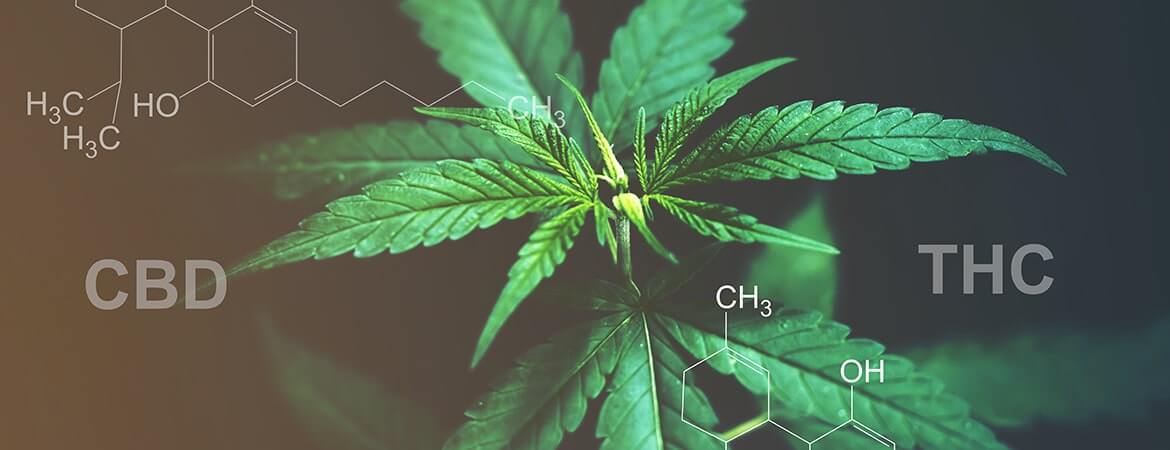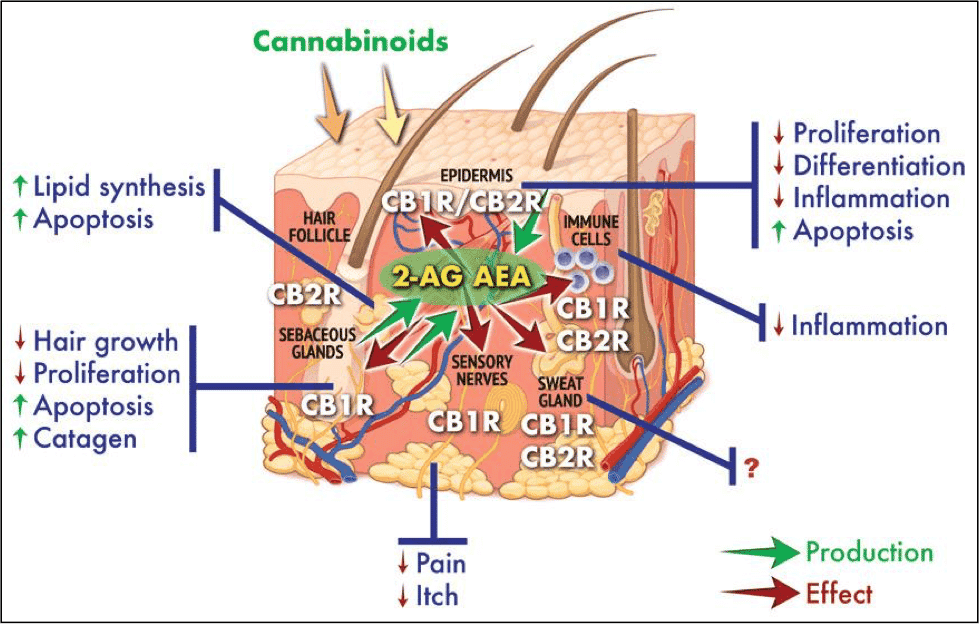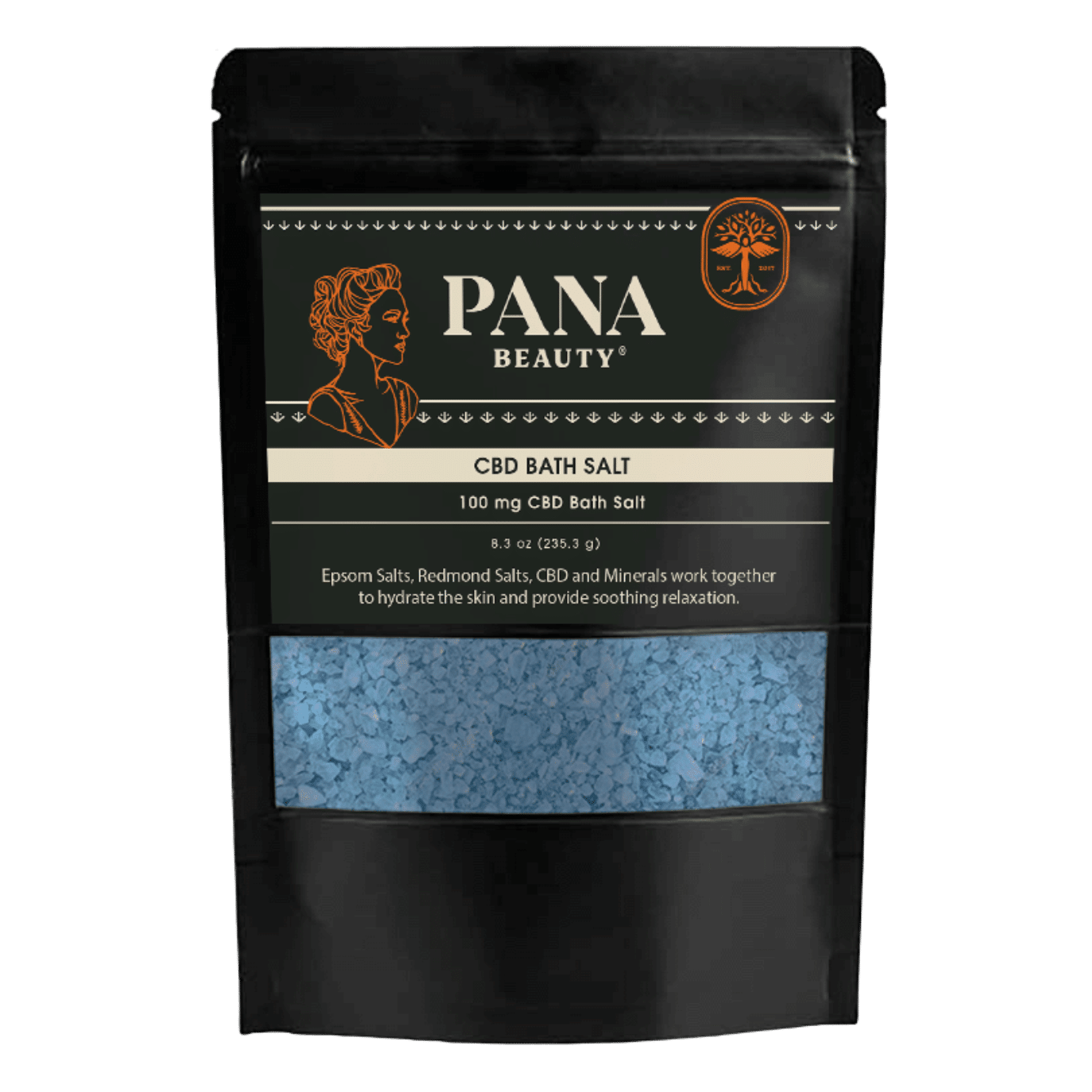If you are at all interested in the world of cannabis, you have probably run into a few terms like cannabidiol (CBD) or tetrahydrocannabinol (THC). But have you heard of cannabigerol (CBG)? It is a compound found in cannabis, like CBD and THC, that has recently been making waves in the cannabis world. Because their names and acronyms are so similar many people are left wondering what the differences are between CBD and CBG. They may even wonder if CBG may be better than CBD. Because we here at Panacea Life Sciences are dedicated to educating our customers, we thought we would address these questions.
So, which is better?
Starting with the familiar: What is CBD?
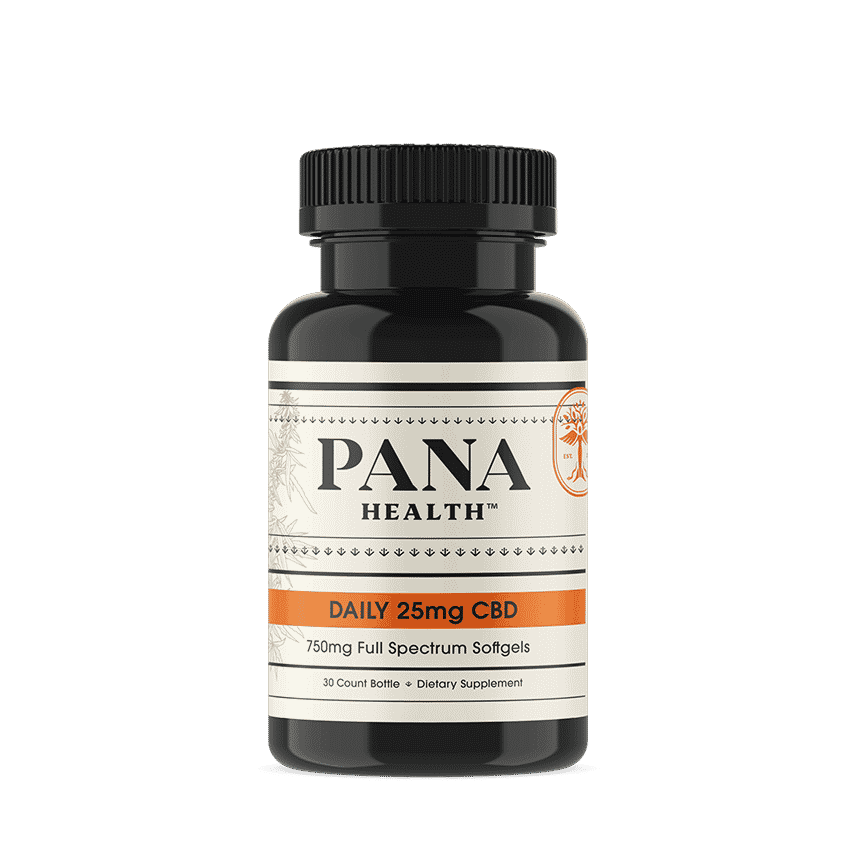
Let’s start with the part that you are probably a bit more familiar: a definition of CBD.
CBD is part of a large group of chemical compounds known as cannabinoids. These compounds are found in a large variety in cannabis plants, including hemp and marijuana. Cannabinoids are the reason that people may experience particular effects or benefits from cannabis plants. This is because they interact with series of receptors known as the Endocannabinoid System (ECS). Some cannabinoids, like THC, bind strongly with the receptors, creating an inebriating effect often referred to as a high. Other cannabinoids interact weakly with the receptors, and potentially provide certain benefits to the users. CBD is part of this group of cannabinoids.
But what kind of benefits could CBD provide? The research on that is still ongoing, but the results that we have seen so far have been exciting and encouraging. For example, some studies have been looking at how CBD may be able to provide a boost to joint health, making movement easier. Other studies have focused on CBD’s apparent calming effects and have found that it may be able to provide those with a nervous disposition a greater feeling of calm. There have been several studies looking CBD’s effect on epileptic seizures. These results have been so impressive that they have led to the development and approval of the CBD based epilepsy medication, Epidiolex.
As mentioned, these studies are still rather new, but as you can see, they have provided some impressive results. There will likely be more studies that will provide us with a better understanding of the sort of benefits CBD may have to offer. For now, though, we can see that there are many potential reasons to use the cannabinoid.
Moving into the unknown: What is CBG?
Now, let’s dig into something new: CBG.
Much like CBD, CBG is a cannabinoid. It is found in hemp and marijuana, but not nearly at the levels of CBD or THC. Also, much like CBD, CBG does not appear to have the psychoactive effects that THC has. It does not seem to cause any sort of intoxication or high. Again, like CBD, studies surrounding CBG would suggest that it may offer some health benefits to the users. Let’s talk about some of these studies.
In 2008, a review of several studies was published. The focus of the review was on studies that had looked at the effects of cannabinoids on glaucoma. The authors of the review concluded that many cannabinoids could be beneficial in the fight against glaucoma. One cannabinoid in particular stood out. That cannabinoid was CBG.
Another study that was published in 2013 wanted to see how CBG would interact with inflammatory bowel disease. The researchers induced mice with colitis and measured how bad their intestinal inflammation got. Then they gave some mice CBG, while others were used as a control. After a little while, the researchers measured the inflammation levels again. Those that were give CBG had a significant drop in their inflammation levels.
These two studies are some of the few out there that are focused on CBG. Unfortunately, CBG has not been as popular of a study subject as some of the other cannabinoids. As a result, we still do not fully understand this cannabinoid. Until we have more research, it will be hard to say what exactly it may do.
Now for the big question: Which is better?
When it really comes down to it, we do not know enough about CBG to say definitively if it is better than CBD or not. Until there is more research done on the cannabinoid, we just will not know what CBG has to offer and what potential drawbacks it may have.
In the meantime, you will quickly find that there are more CBD products out there than CBG. This is because, while CBD is in abundance in the hemp variety of cannabis, CBG is in low concentrations in all cannabis plants, no matter the strain. Many cannabis breeders are working on crossbreeding a strain of cannabis that would have high levels of CBG, but that is still in the works.
So, which is better. For now, we would say CBD, but that is only because we understand it better and it is easier to find. If you do find a CBG product that you would like to try, then we would advise caution. Not only do we not yet fully understand the potential negative effects of CBG, that part of the cannabis industry is not very well watched. The Food and Drug Administration (FDA) has started setting up regulations for CBD, but not yet for CBG specifically. There are some for cannabis that may affect the production of a CBG product, but that is about it.
Until we can learn more about CBG, there are plenty of CBD products out there for you to try. We here at Panacea Life Sciences carry a wide range of high-quality CBD products. All of our products are made using locally sourced, organically grown hemp. We carefully adhere to all FDA regulations and some of our own to ensure that you are getting the best CBD products possible. If you are ready to give some CBD a shot, then check out our shop page. If you have any comments, questions, or concerns that need addressing you can visit our contact page or email us at [email protected].



